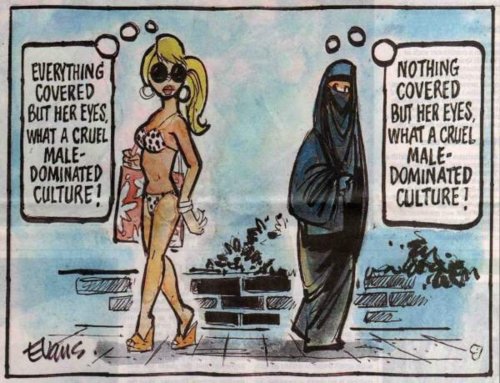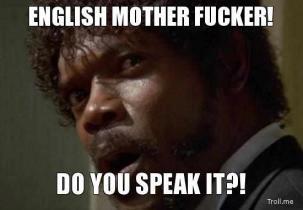You walk into your local DVD store; you feel like watching a movie (but you’re not into piracy) . You take a look around browsing all the genres. All the basics are there Comedy, Action, Horror… yep nothing out of the ordinary here. You notice the foreign films section in the far back corner. You decide to take a look (for the first time ever). Yep just what you expected; a bunch of subtitled films that you have never heard of before. Once again all the genres are there Chinese, Indian, French…
STOP! what is wrong with this picture?
Let’s analyse this scenario for a second. When you were looking in the ‘normal’ section, What were you seeing? Was it divisions being made by genre? That is odd because in the ‘foreign’ section I could have sworn divisions were being made by nationality. So are we saying ‘other’ countries don’t have genres? They mustn’t because obviously all Indian films are Bollywood and off course all Japanese films, Chinese films, Malaysian films.. etc, simply fall under the category of Asian. Let’s not forget the most important part, the English speaking movies were ‘Normal’ and could be categorized into what they were, not where they came from. Welcome to the world of Americanization, where the English language is a transnational commodity and Hollywood is King.
I find this concept somewhat confusing. Why do we feel the need to separate foreign films into their own section? Why not just put them in with the genres they are? (and perhaps put a sticker alerting the lazy people of the world that there are subtitles). I mean seriously even movies that come straight from Hollywood itself are not even entirely American. Every movie in existence (don’t quote me on this) has been derived from multicultural and multinational backgrounds. Take Christopher Nolan‘s modern Batman remakes. They have to be some of the biggest blockbusters to ever arise from Hollywood, but the truth is the production team and actors are from a collection of many different countries. It would make more sense calling it a British film as the director and the main actors (Christian Bale and Michale Caine) are all British.
Another thing that really gets to me is Hollywood’s need to keep remaking successful foreign films. For me a prime example of this would have to be The Girl With The Dragon Tattoo. In my opinion Niels Arden Oplev’s Swedish film adaptations of Stieg Larsson’s hit novels were perfect as they were. Although there was nothing wrong with David Fincher’s American adaptation, I sill feel that it was completely unnecessary and I feel annoyed that for a movie to reach global audiences it has to be remade in English with big name Hollywood actors. It makes me wonder was this unnecessary remake just a cynical attempt to hook in audiences who couldn’t be bothered to read the original adaptation’s subtitles?
This, however is not always the case. In my opinion Martin Scorsese’s film The Departed is very different and yet very good adaptation of the Chinese film Infernal Affairs. While the blatant Americanisation of the film can be clearly noted (the constant yelling, over the top action and over use of the word f@#%), I feel that this was an adaptation that needed to be made in order for the film to transition better into global markets. There is a certain subtly in Chinese cinema that is not always well translated by other audiences and so this remake was necessary.















